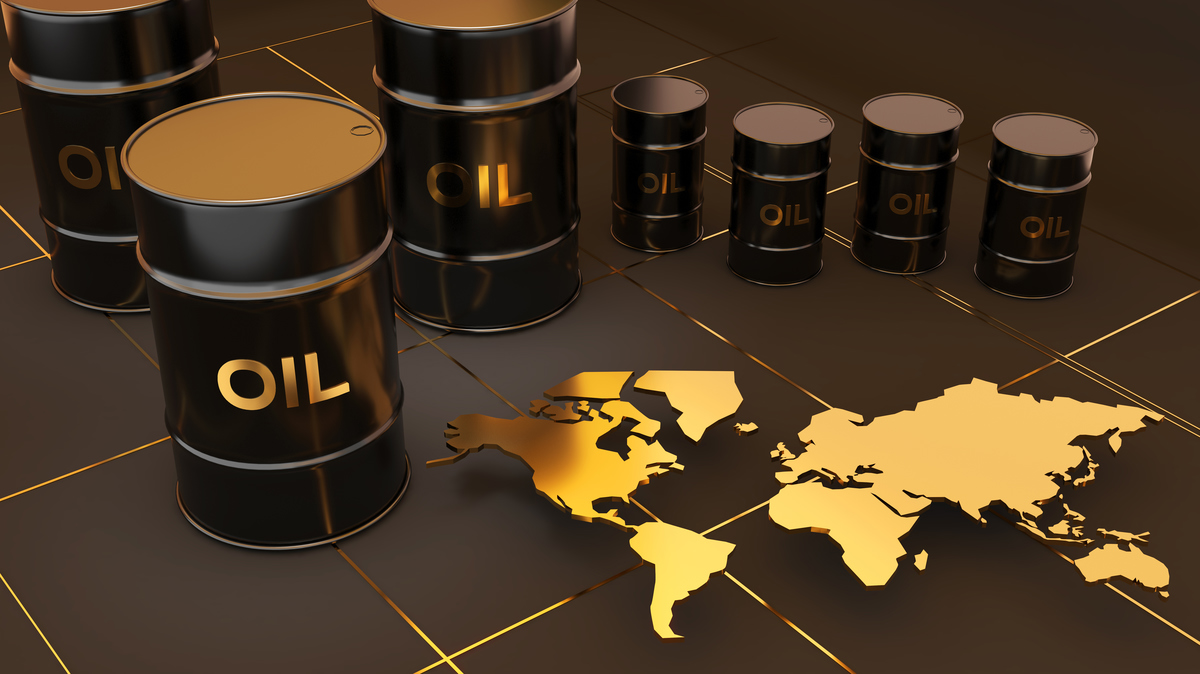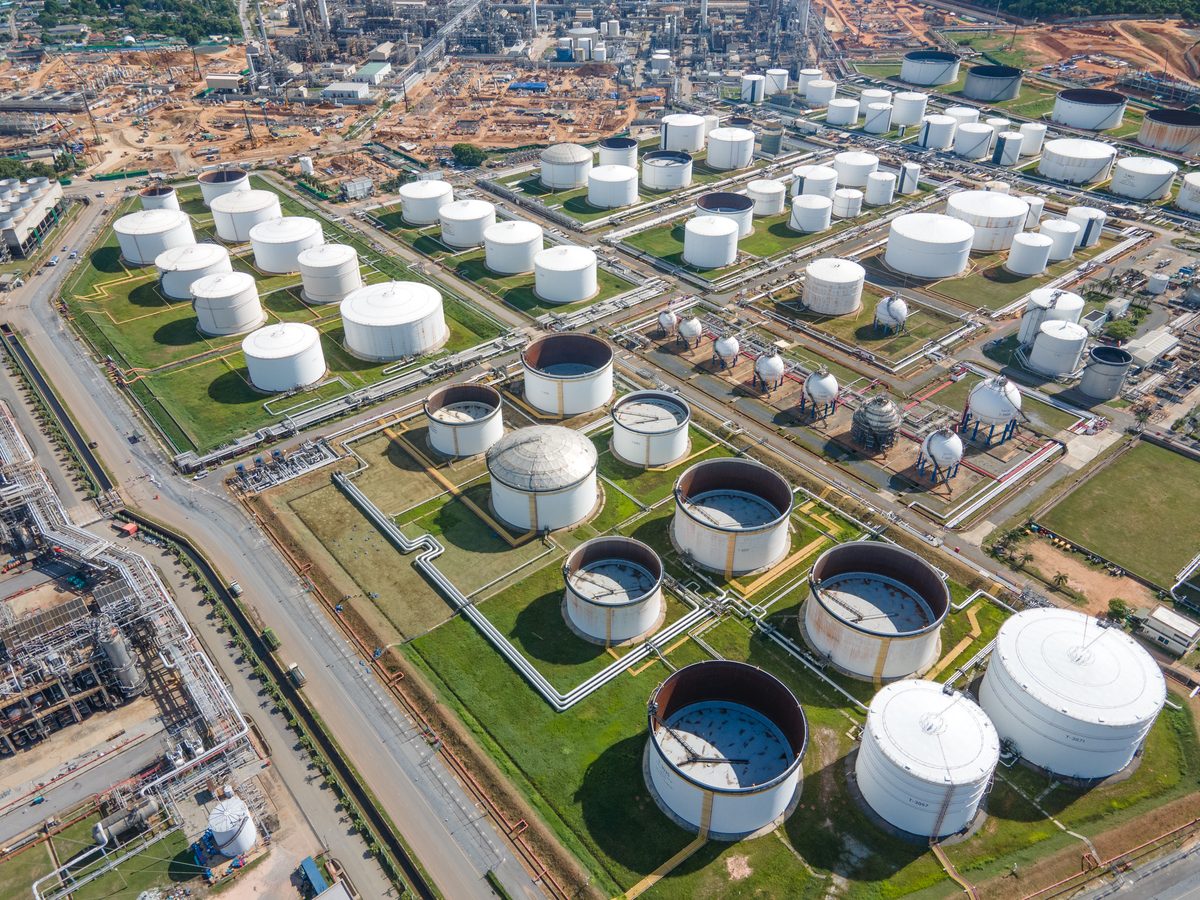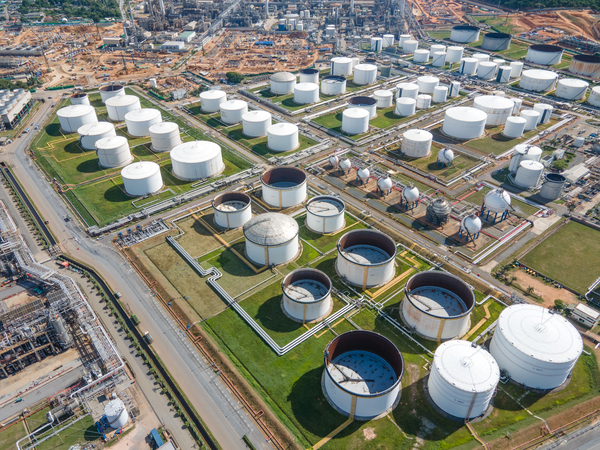Brent futures on shaky ground with traders cautious ahead of crucial next week
Front-month ICE Brent has slid lower by $1.56/bbl on the day, to $83.67/bbl at 09.00 GMT.

PHOTO: Getty Images
Upward pressure:
While some analysts believe OPEC+ will wait for the price cap decision before reducing output, the majority of market observers expect OPEC+ to reduce output on 4 December.
Major oil producers Saudi Arabia and Iraq have also hinted at reducing output "if necessary" to maintain market stability. The Russian government has reportedly drafted a presidential decree banning oil sales to price-cap participants.
Analysts at Morgan Stanley and Goldman Sachs remain optimistic about Brent prices next year, despite concerns about oversupply and uncertainty over OPEC+'s decision this coming Sunday.
Morgan Stanley analysts expect Brent to remain range-bound between $80-90/bbl due to "modest oversupply in the coming months". However, they predict that the market is likely to return to balance in the second quarter of next year, resulting in undersupply in the second half. "With a limited supply buffer, we expect Brent to return to $110/bbl by the middle of next year."
The medium-term outlook for the oil market is "very positive," says Jeff Currie, Goldman Sachs' global head of commodities to CNBC. He adds that the investment bank will maintain its Brent price forecast for next year at $110/bbl and sees a “high probability” of an OPEC+ output cut on Sunday.
Downward pressure:
On the flip side, five OPEC+ sources have told Reuters that it is likely that the cartel will maintain its oil output policy at its meeting on Sunday. In addition, two sources say the group could discuss reducing output again, but neither believes it is highly likely.
Goldman Sachs expects Brent to rise 30% from current levels into next year, but sees "a lot of uncertainty" in the oil markets, according to Currie. Lower Chinese demand, recession fears, and an EU embargo on Russian seaborne oil imports kicking in next week are likely to spook oil market participants.
The EU has not yet reached a consensus on the price cap on Russian seaborne oil, with four days left until the deadline. European nations have been had different views on what level to set the cap at.
Greece, Cyprus and Malta are urging a higher cap. Poland, Ukraine and the three Baltic nations Estonia, Latvia, and Lithuania are calling for a more stringent one. G7 nations have proposed a price cap of $65-70/bbl. Bloomberg reports citing Argus Media that the price of Russia’s Urals grade has dropped to $51.96/bbl at the Baltic Sea port of Primorsk.
Pavel Molchanov, energy analyst at investment bank Raymond James, has told CNBC that a higher price cap will not affect Russia, but a lower one may result in Russia cutting supplies, causing inflation. “It seems to me like the G7 will err on the side of caution – setting it high rather than low to avoid worsening the inflationary spiral.”
By Konica Bhatt
Please get in touch with comments or additional info to news@engine.online






